[Photo Essay]: Nigerians March Against Bad Governance, Economic Hardship on Independence Day
As Nigeria marks its 64th Independence Day, many citizens have stormed the streets to peacefully protest bad governance and economic hardship.
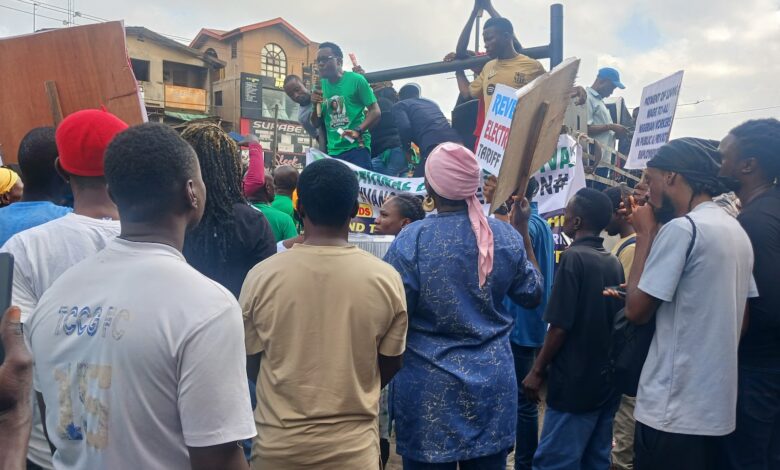
Nigerians in various parts of the country have taken over the streets to protest against economic hardship occasioned by the fuel subsidy removal and the continuous devaluation of the naira. The developments have left many struggling to make ends meet.
Despite attempts by President Bola Tinubu’s administration to downplay the protests as politically motivated, the demonstrations tagged “#EndBadGovernanceInNigeria” have witnessed the participation of hundreds of Nigerians.
A similar protest was also held in August, as protesters said they could no longer pay their children’s school fees and afford house rents. Meanwhile, the last protest was marred by security forces’ high handedness, which led to reported deaths and injuries.
Lagos
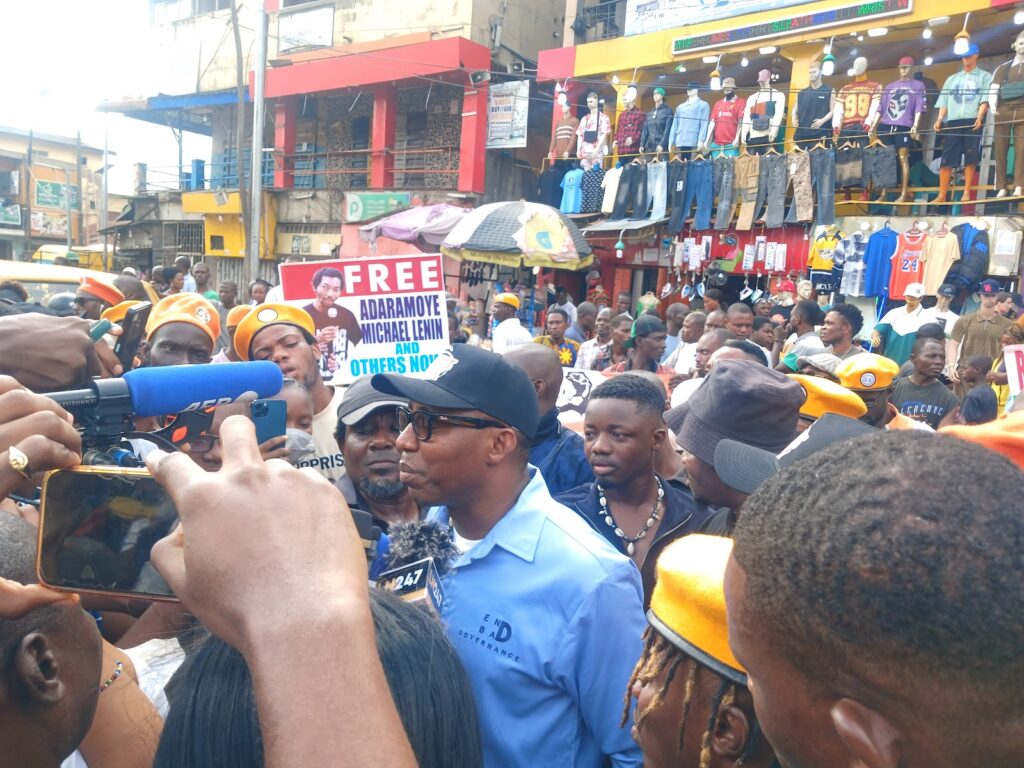
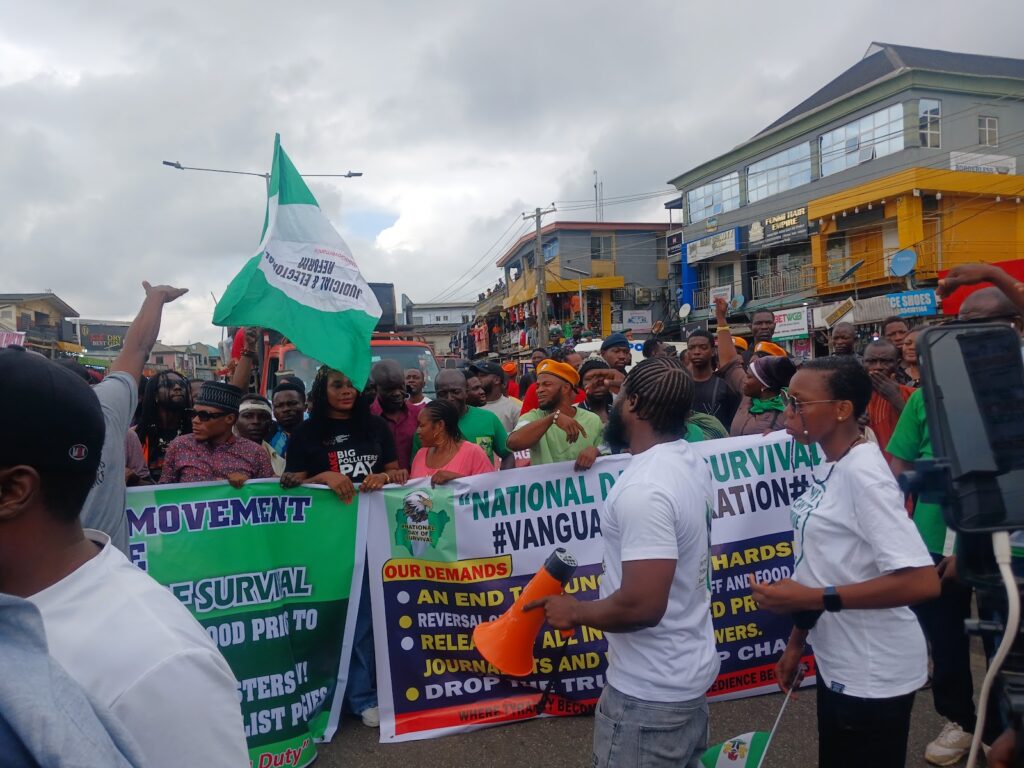
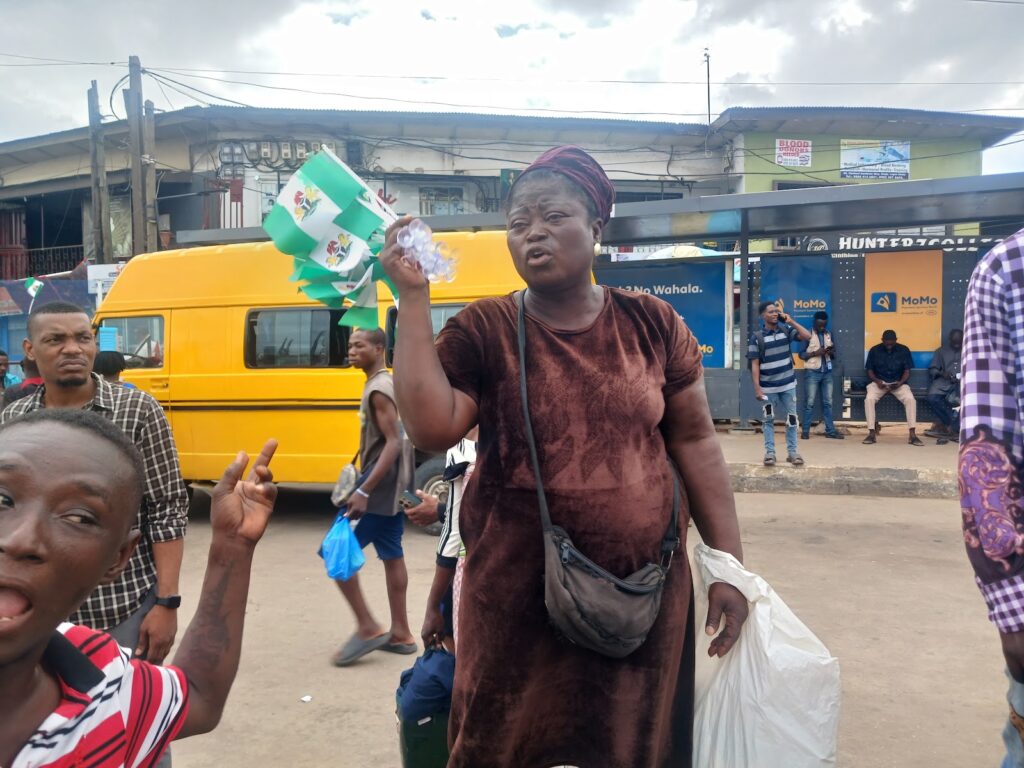
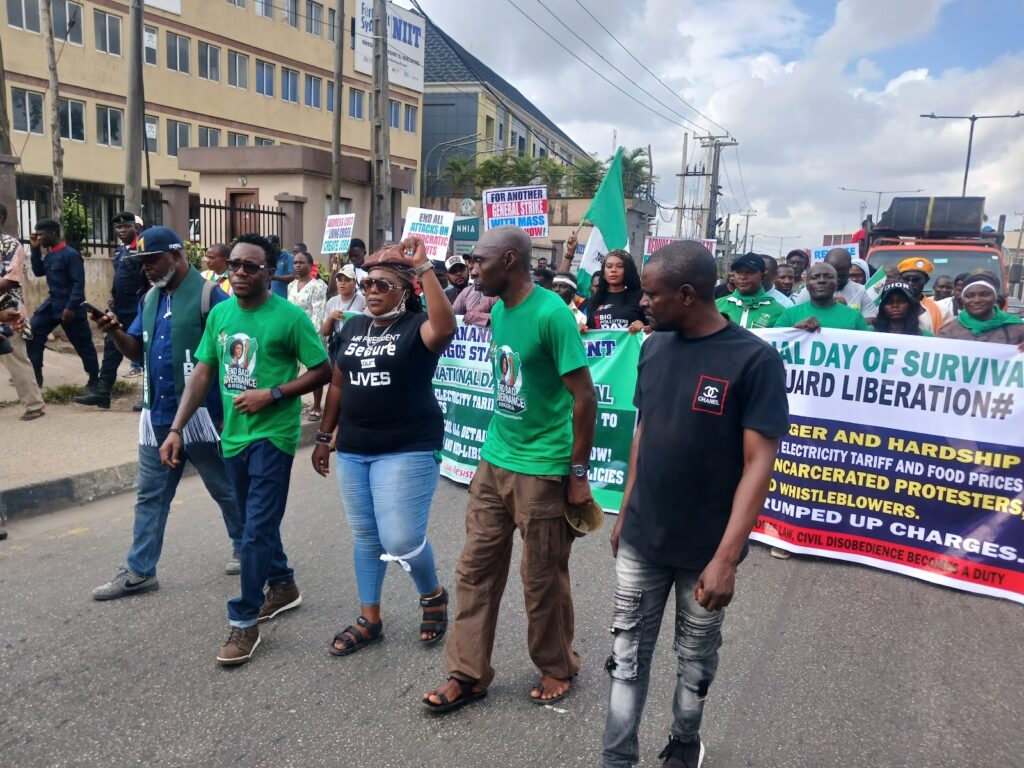
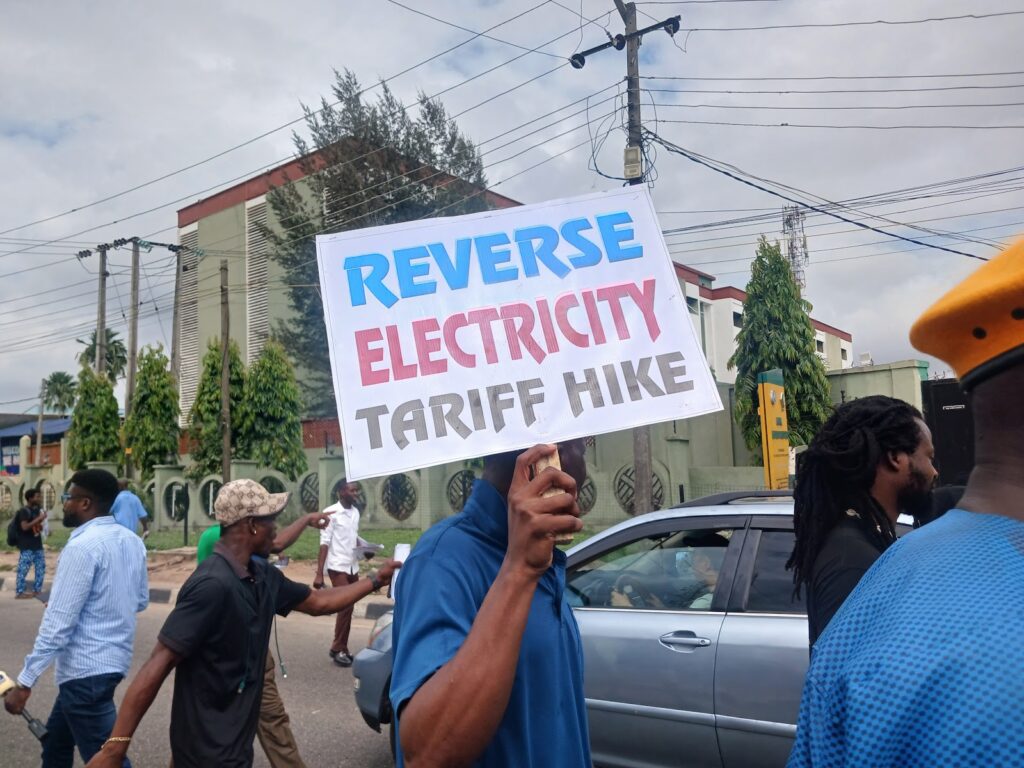
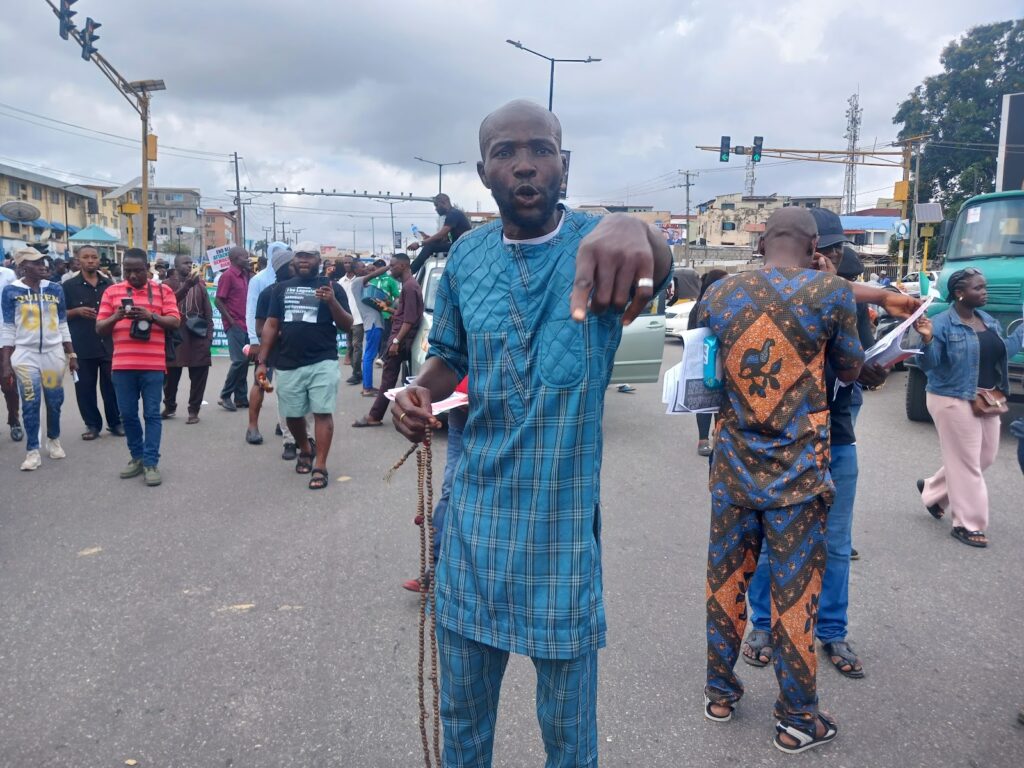
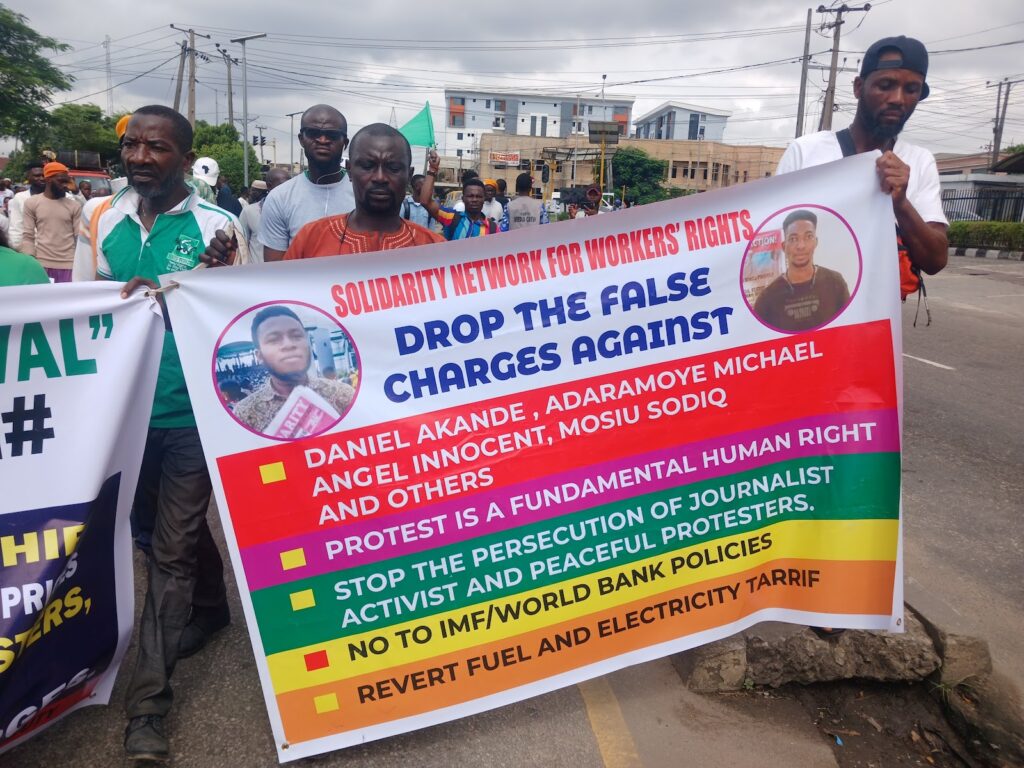
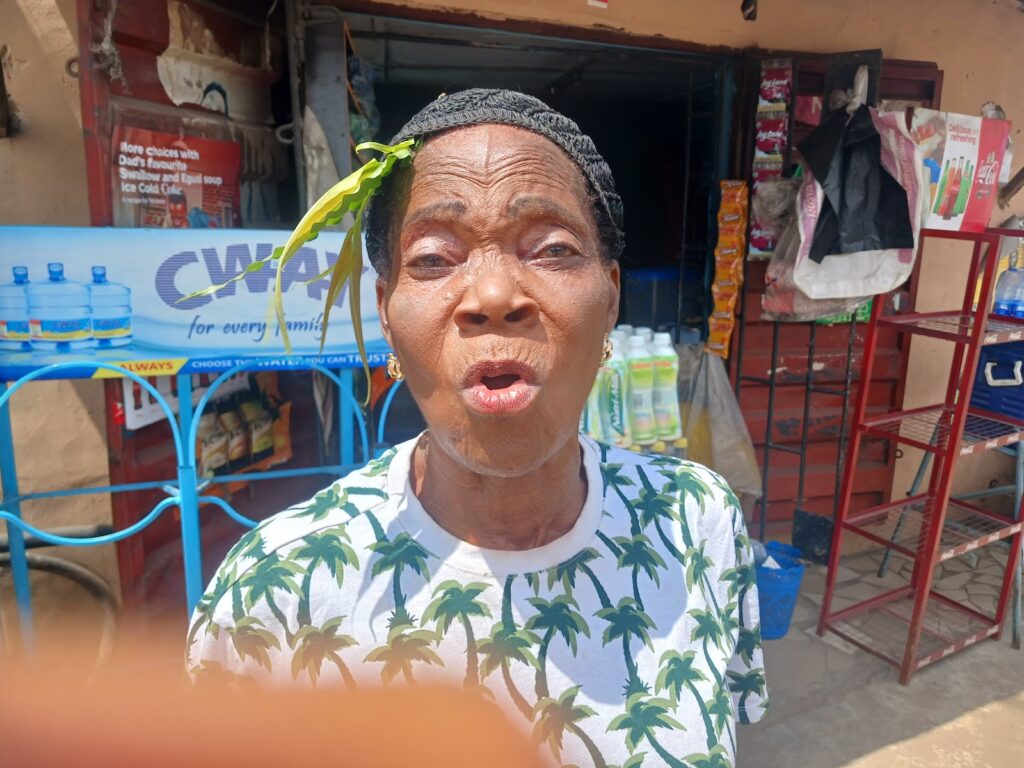
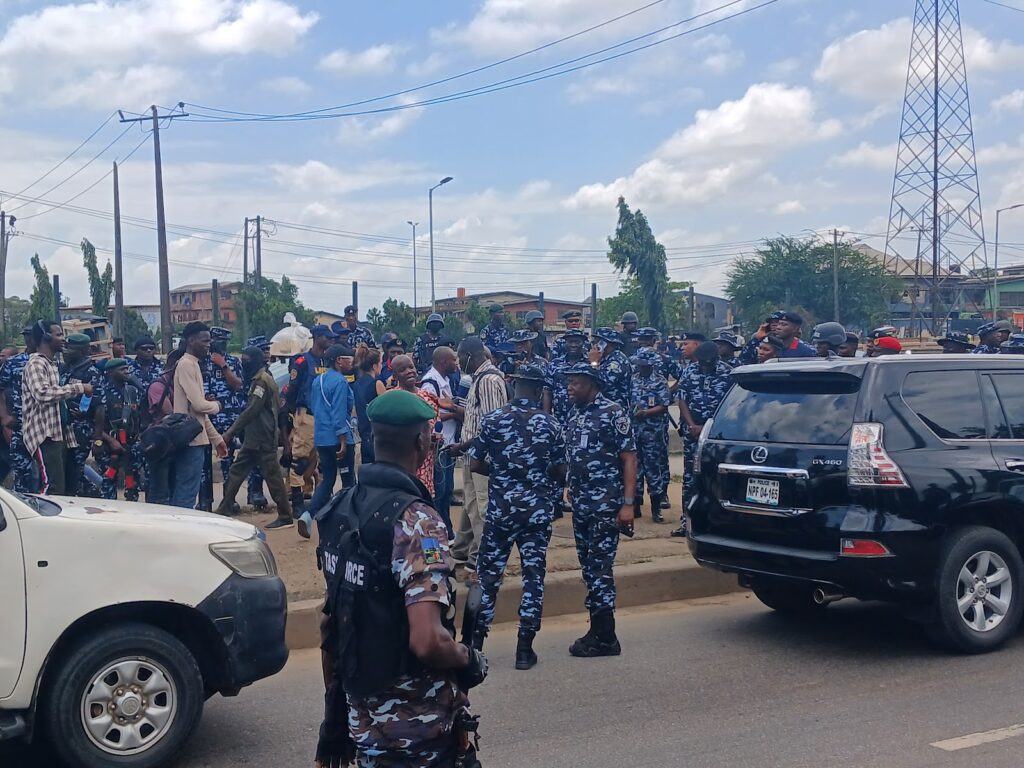
Abuja
In Abuja, the main express roads that lead to eagles square have been blocked by the military and other security agencies to restrict mobility.
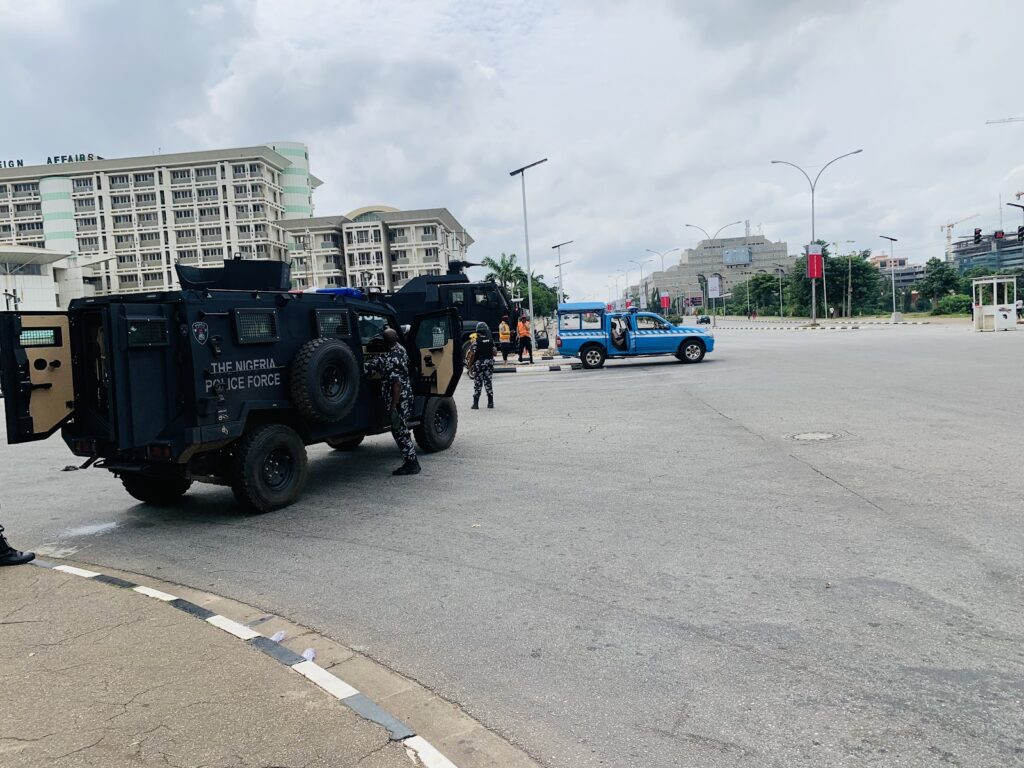
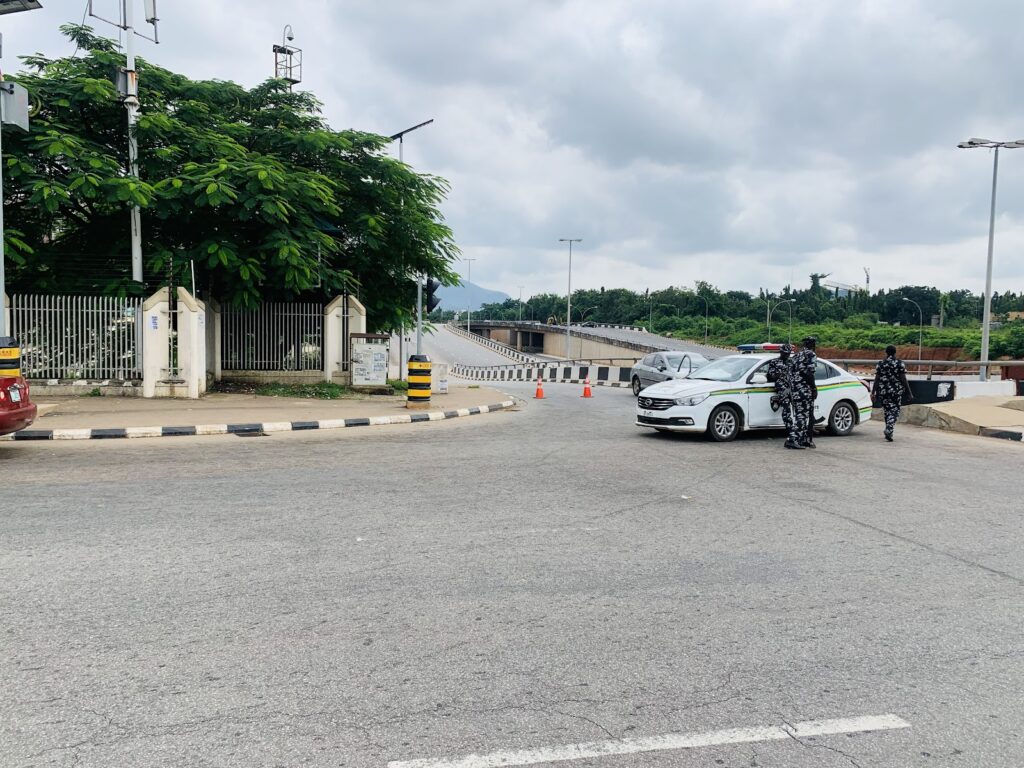
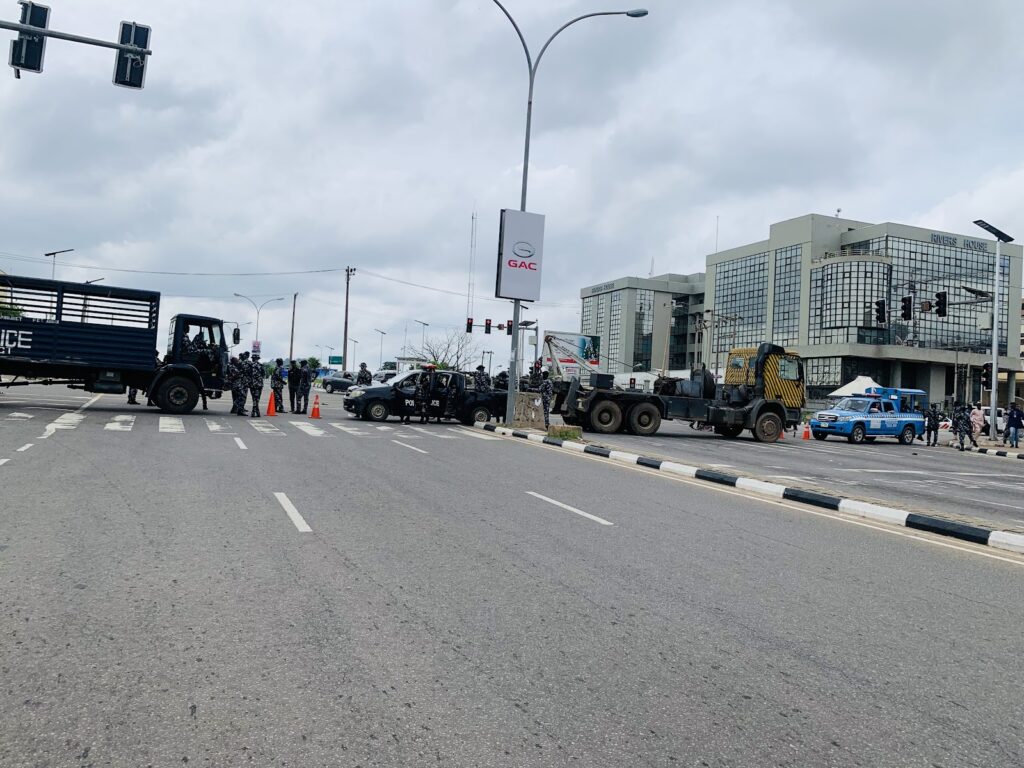
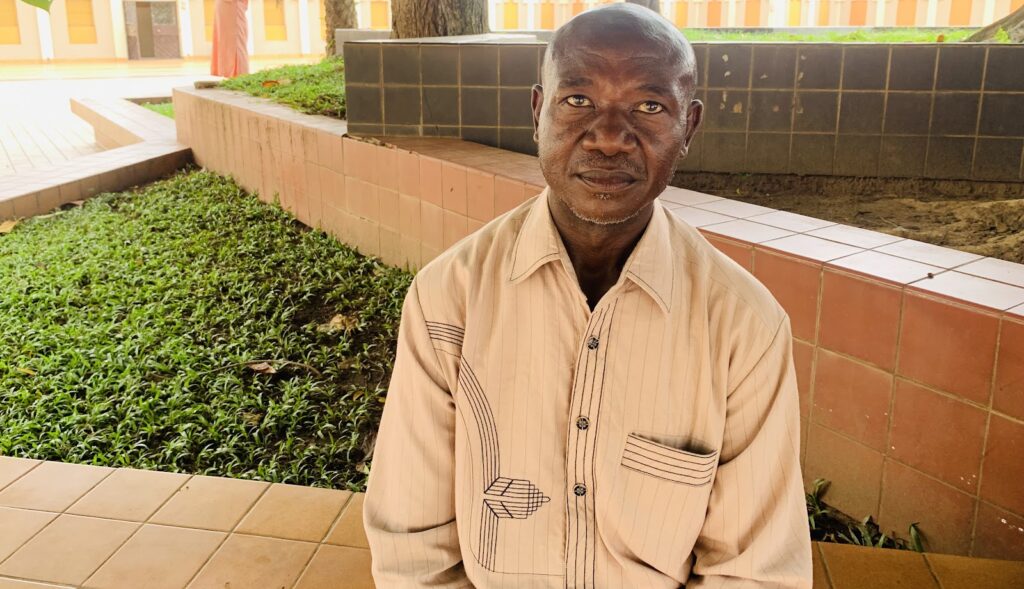
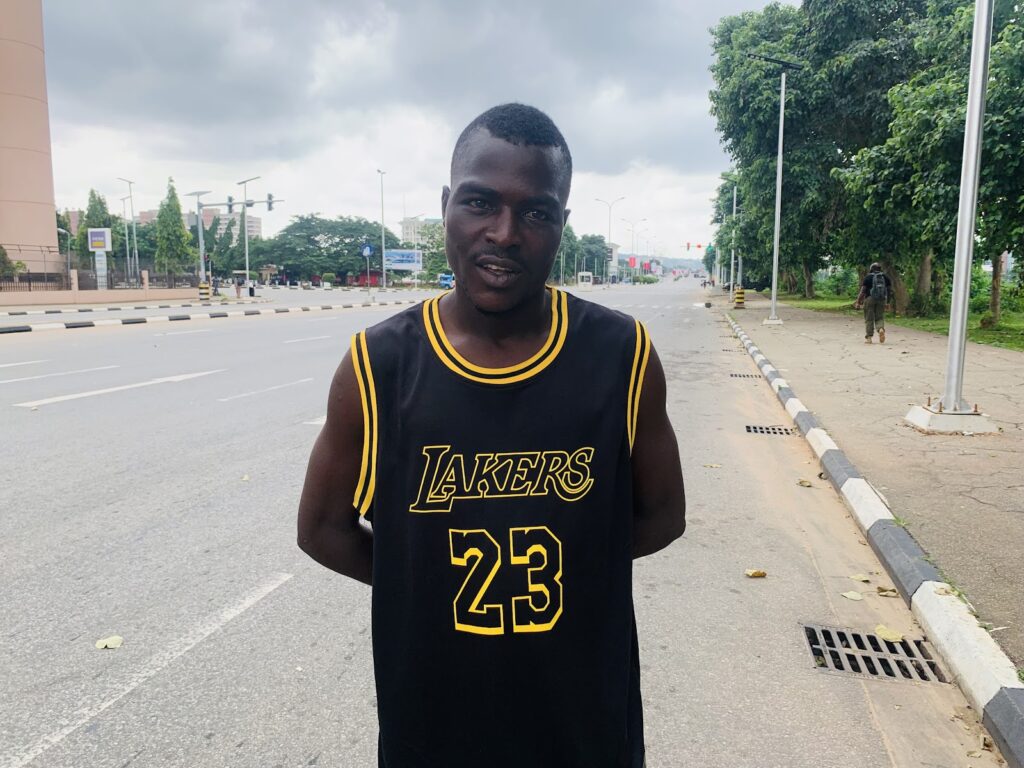
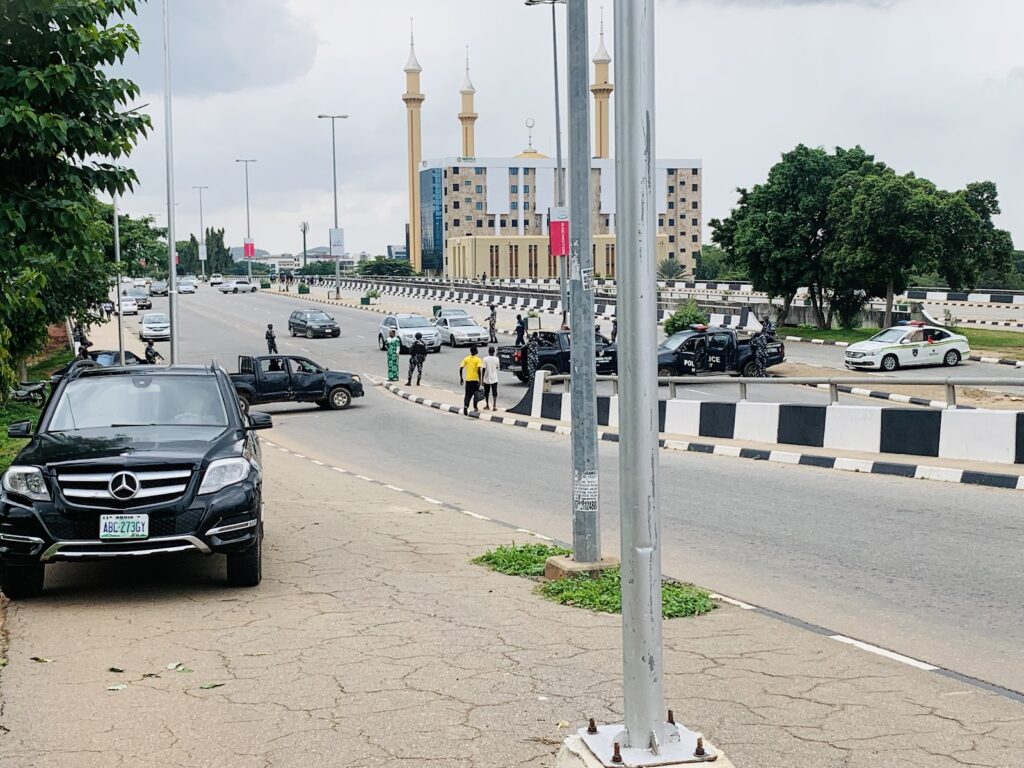
Nigerians have taken to the streets across the country to protest economic hardships resulting from the removal of fuel subsidies and the continuous devaluation of the naira, which has made life increasingly difficult. President Bola Tinubu's administration has attempted to downplay the protests as politically motivated, but the demonstrations under the hashtag “#EndBadGovernanceInNigeria” have seen widespread participation, with citizens demanding the reversal of the fuel subsidy removal, addressing high living costs, and other inequalities in the country.
In Lagos, protesters, including traders and drivers impacted by economic hardship, marched from Ikeja Underbridge to Allen Avenue and Ojota, blocking roads and calling for action on issues such as the rising electricity tariffs and the persecution of journalists and activists. Security forces have responded with heavy-handed tactics, resulting in reported deaths and injuries.
In Abuja, major express roads leading to Eagles Square were blocked by military and security forces to prevent mobility and protests. Protesters, facing blocked roads and heavy security presence, expressed their disappointment and frustration over the restricted access and an empty venue, underscoring the struggle against economic adversity.
Support Our Journalism
There are millions of ordinary people affected by conflict in Africa whose stories are missing in the mainstream media. HumAngle is determined to tell those challenging and under-reported stories, hoping that the people impacted by these conflicts will find the safety and security they deserve.
To ensure that we continue to provide public service coverage, we have a small favour to ask you. We want you to be part of our journalistic endeavour by contributing a token to us.
Your donation will further promote a robust, free, and independent media.
Donate HereStay Closer To The Stories That Matter




